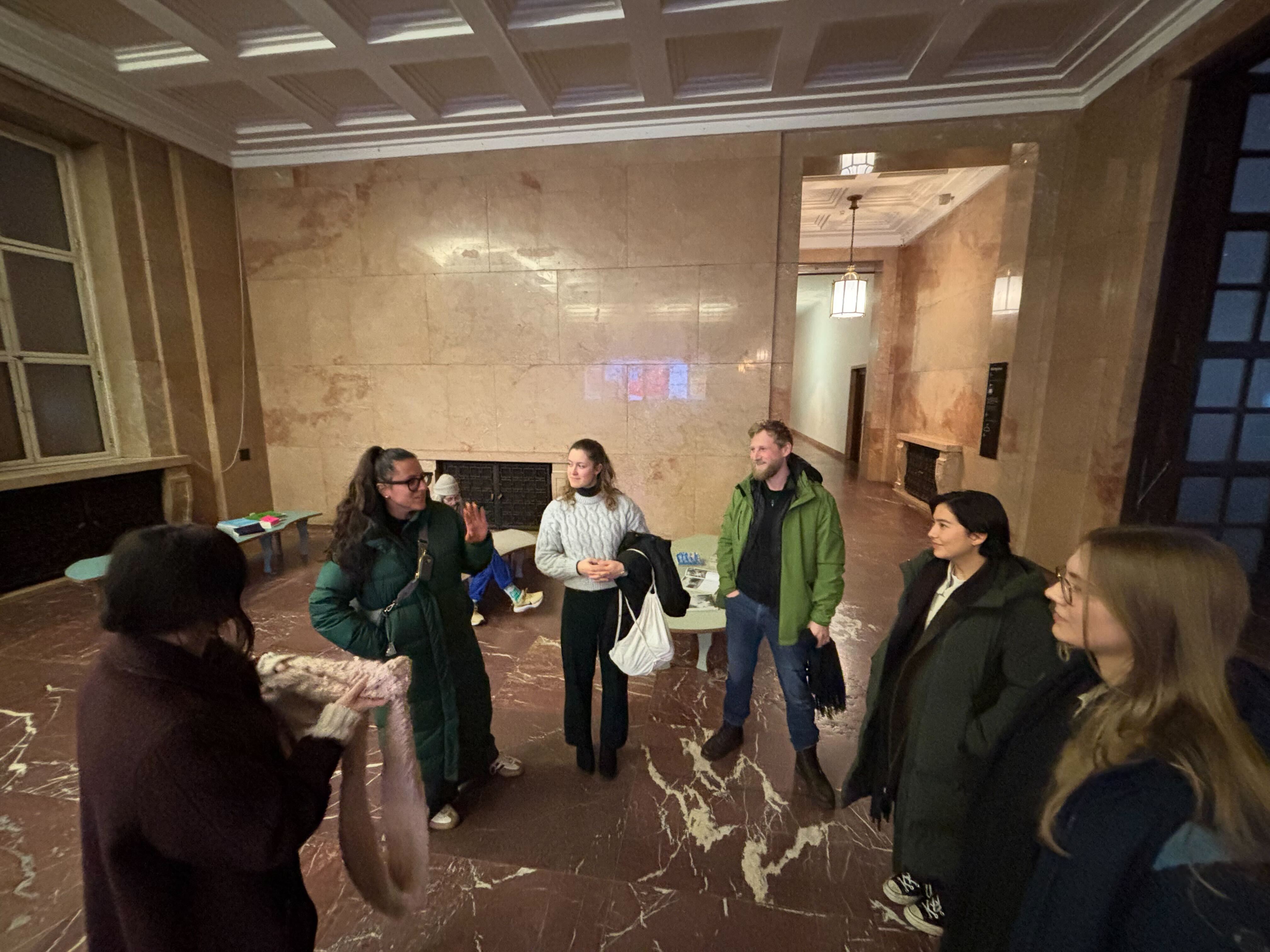About GLEE
Advancing a global, standardised, and inclusive understanding of human light exposure. Open data, shared tools, and rigorous methods for light-and-health research worldwide.
The Global Light Commons is an open, standards-based infrastructure for harmonising real-world light-exposure and optical radiation data and supporting globally relevant light-and-health research.

Problem statement
Understanding how light and optical radiation affects human health requires high-quality, comparable data collected across diverse environments, devices, and populations. Yet the current landscape of light-exposure research is fragmented: there is no common approach to collecting or structuring data, measurement methods vary widely, metadata is inconsistent or incomplete, and datasets are often inaccessible. This lack of alignment extends to analysis tools and workflows, which are siloed and independently recreated across research groups, making cross-study comparisons, meta-analyses, and evidence synthesis difficult and preventing the development of sustained, cumulative research practices. Without shared standards or infrastructure, researchers, clinicians, and policymakers lack the foundation needed to interpret light-exposure data reliably and at scale.
Our Vision
We envision a world where high-quality, real-world light-exposure and optical radiation data is standardised, interoperable, and globally inclusive, forming a trusted evidence base for understanding how light affects human physiology, behaviour, and health. The Global Light Commons aims to ensure that data collected globally across cultures, climates, and lived environments can be reliably compared and integrated, supporting equitable scientific discovery, improved health outcomes, and informed decision-making worldwide. This vision includes a collaborative global research environment – one where shared standards, open tools, and cross-cultural partnerships enable insights that no single group or dataset could achieve alone.
Our Mission
Our mission is to establish and maintain the shared standards, infrastructure, and collaborative ecosystem needed to make light-exposure data a harmonised, openly accessible, and scientifically rigorous global resource. We work to:
- Define common data standards and metadata schemas that support interoperability across devices, research groups, and measurement environments.
- Develop open, validated tools and pipelines for collecting, processing, and analysing real-world light-exposure data, including data from wearable technologies.
- Harmonize archival and contemporary datasets within a durable, FAIR-aligned data commons that supports longitudinal, globally representative, and cross-cultural research.
- Promote global representation, equity, and cross-cultural collaboration, enabling contributions from diverse populations, settings, and research contexts.
- Facilitate reproducible and cumulative science through shared methods, transparent research practices, and active knowledge exchange across institutions.
- Cultivate an engaged research community through workshops, partnerships, and collaborative projects that advance methodological innovation and shared learning.
- Translate harmonised evidence into impact, facilitating innovative, interdisciplinary research and informing policy development.
The Global Light Commons provides the foundation, platform and springboard for coordinated, global light-and-health research.
Research Focus
The GLEE database serves as an enduring resource for the scientific community. It preserves and enhances the usability of archival data alongside new research, enabling longitudinal studies and comparative analyses over time. By consolidating global research efforts, GLEE not only accelerates scientific discovery but also provides crucial insights that inform public health policies and clinical applications and, ultimately, improve patient outcomes worldwide.
Through its commitment to collaboration and community engagement, the GLEE project aims to build a legacy of innovation and sustained progress in understanding and managing the health impacts of global light exposure.
Global Collaboration
GLEE is supported by the Technical University of Munich Global Incentive Fund (TUM GIF), enabling us to build international partnerships and conduct cross-cultural research. Our workshops bring together researchers from around the world to share knowledge and develop new approaches to understanding light's impact on health.